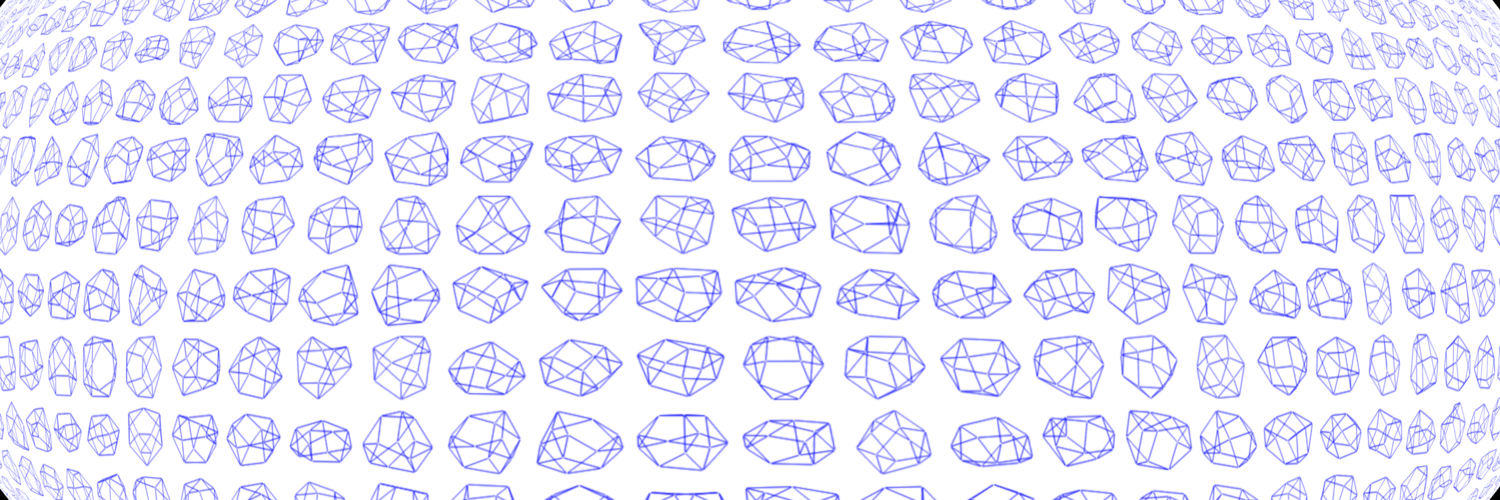


Theoretical physicist
Postdoc in Combinatorics&Optimization at U Waterloo
Associate postdoc at Perimeter Institute for Theoretical Physics
I work with Feynman graphs, combinatorics of power series, resurgence theory, and do a lot of C++ programming.
My goal is to understand the physical properties of renormalized Green functions in quantum field theory.
What, actually, is an instanton?
#quantum #physics
#math
This profile is from a federated server and may be incomplete. Browse more on the original instance.